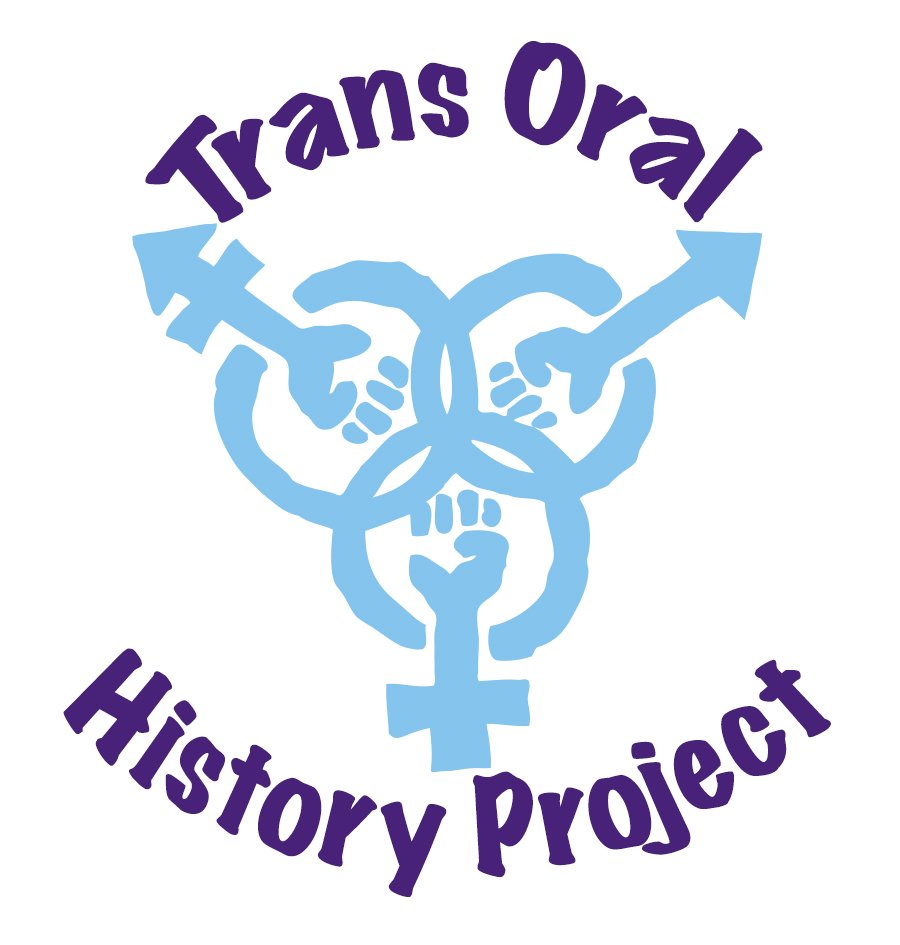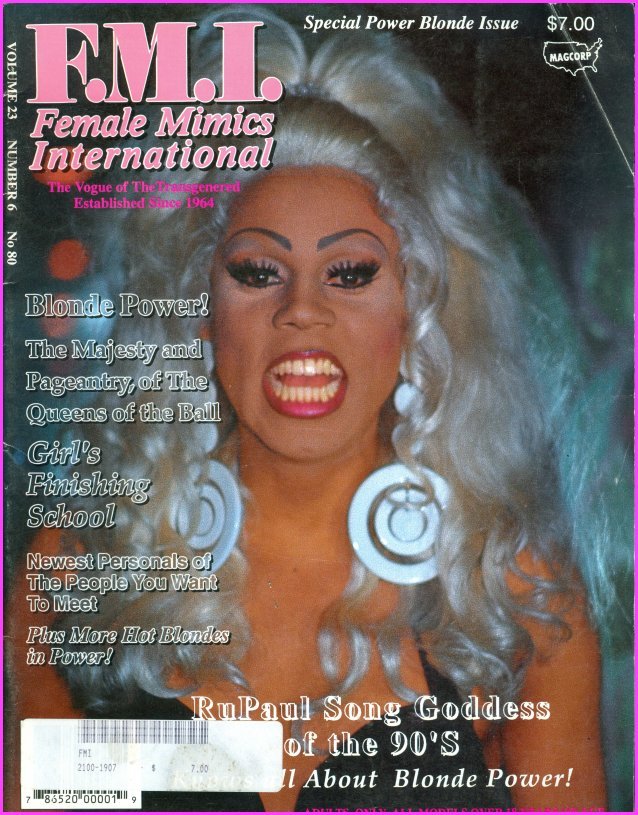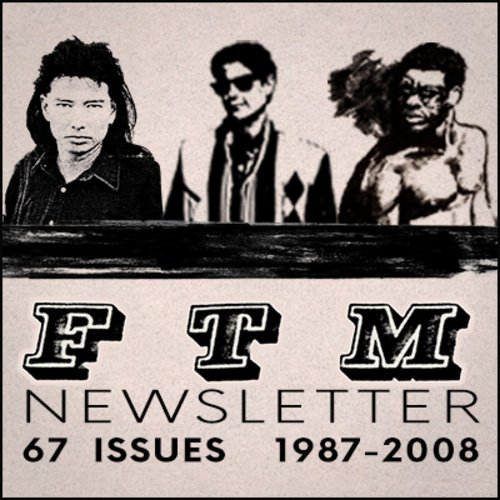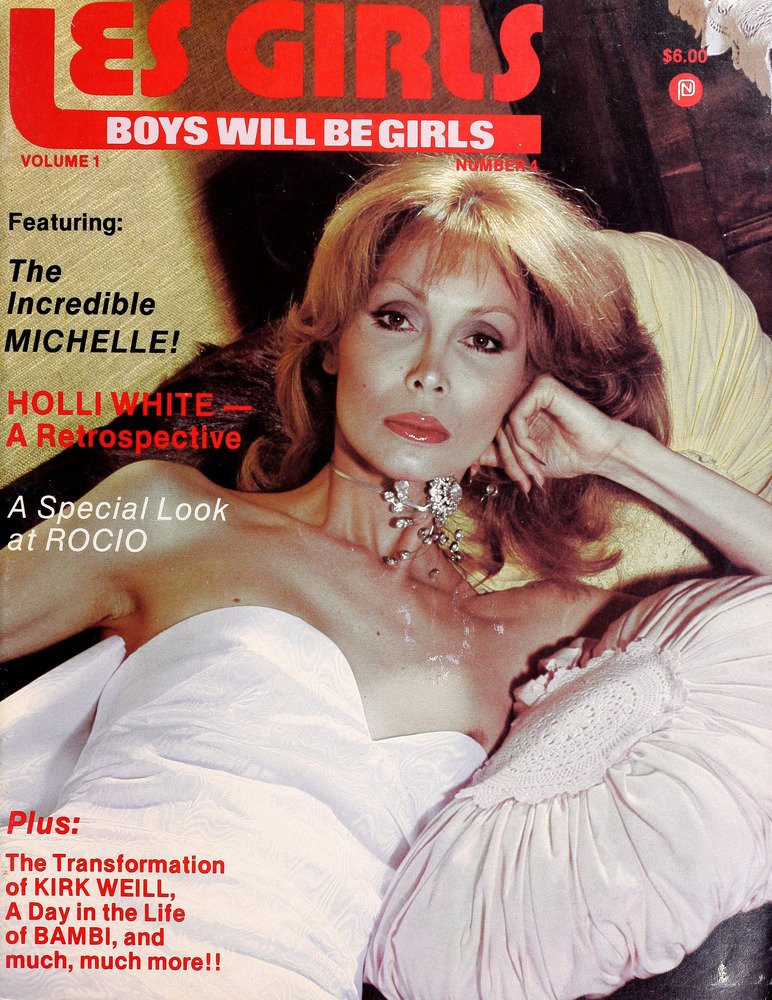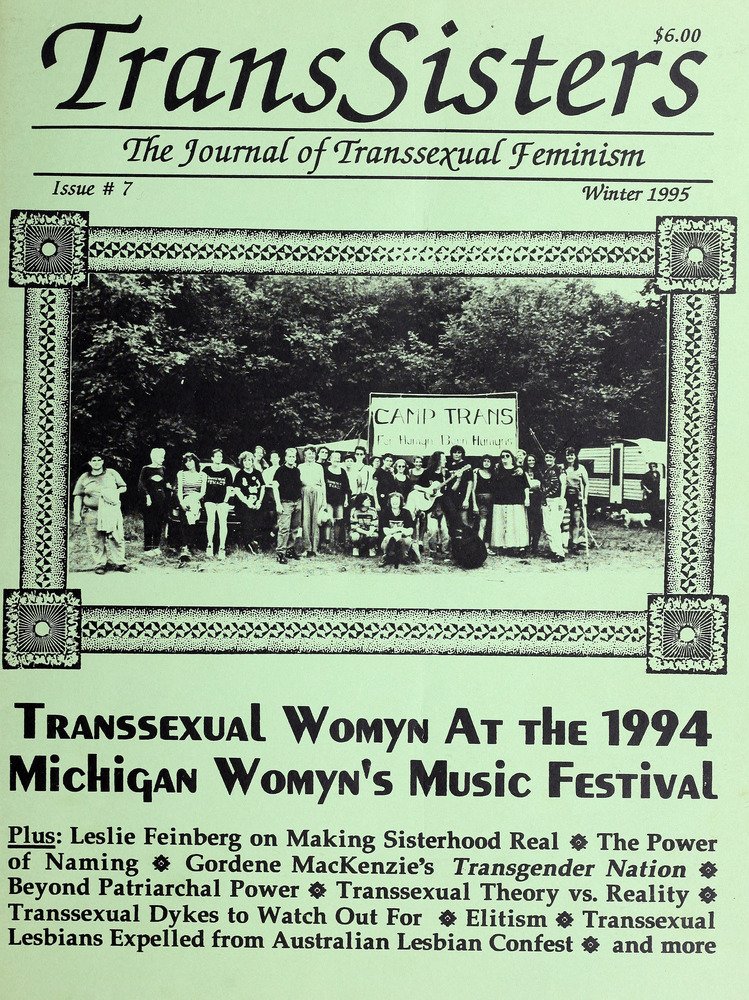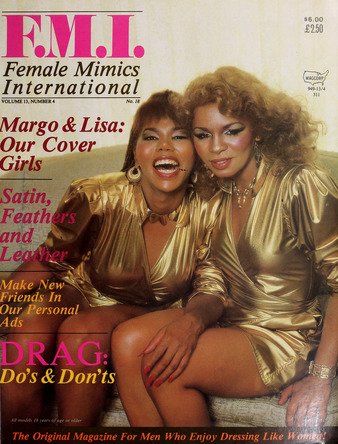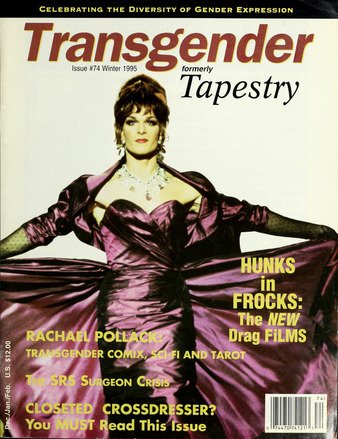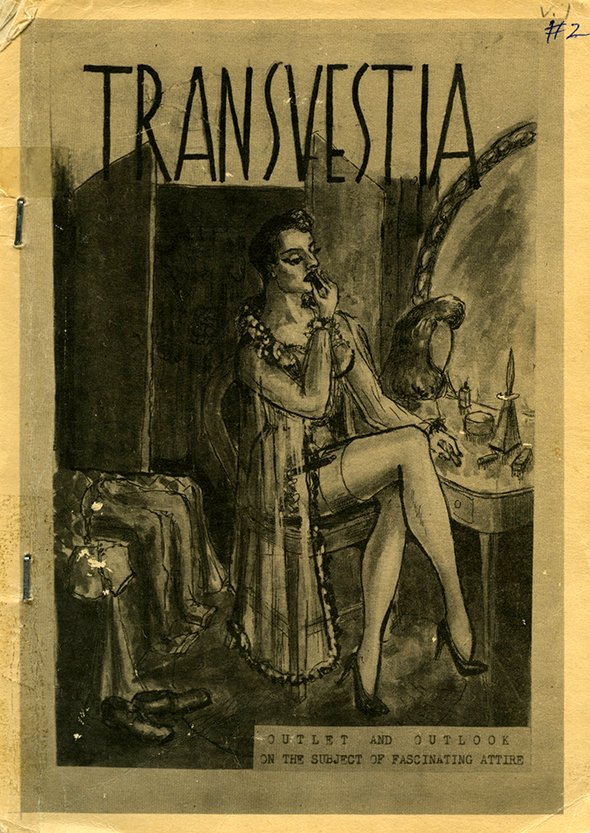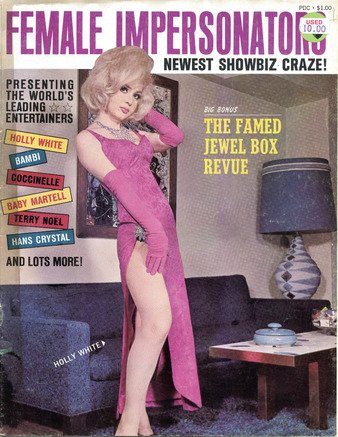Our Archival Strategy
At its hieght, the Trans Oral history project held over 150 hours of interviews including some with community members who havve since passed. We also held 600 physical magazines donated by community member that dated back to the 1960’s. As a born digital project without a physical space, we decided to partner with national archives to help disseminate digial content as well as regional partners to establish a physically accessible way to experience our interviews.
Our Values in Archival Partnerships
We understand preserving the history of marginalized communities as inherently political. As a grassroots project, we seek to make materials as accessible as possible to transgender community members regardless of their relationship to formalized education. We have partnered with larger, more well-resourced institutions out of a conviction that our community’s history matters enough to be preserved in perpetuity for future generations of trans leaders. We prioritize working with institutions that have positive relationships with BIPOC communities, that do not require academic affiliation for visitors, and that have non-exclusive holdings.
National: Digital Transgender Archive
Due to our prominent profile in the community, elders donated crates with 200lbs of materials when they passed in 2013. They contained 600 trans magazines dating back to the 1960s. These self-published works by and for the nascent trans community were seminal artifacts of a pre-internet trans culture that operated through an underground network of PO boxes at a time when most trans folks would never meet another trans person in their entire lives. We understand these magazines as part of the lineage that led us to create our own zine distro.
In 2015, we worked with 10 students from New York University on a spring break service learning trip to catalog the collection and digitize samples. By winter, we had partnered with the Digital Transgender Archive (DTA) – the largest online hub for digitized historical materials in the world – to make them fully accessible to the public.
Today, we continue to partner with DTA. Our founder, Andre Perez became one of the inaugural community advisory board members of the Trans BIPOC Digitization Initiative in 2022.
National: StoryCorps
In 2013-2015, we partnered wth Storycorps Chicago to record 20 interviews of transgender activists across the city. All of the interviews were archived n the Library of Congress in Washington DC. Additionally, the interviews featuring Black trans folks were incorporated into the Smithsonian National Museum of African American History and Culture while the interviews featuring Latin@s were archived in the largest collection of Latino cultural artifacts at the University of Texas in Austin (image on left: Van Binfa, founders of Somos Quien Somos, being interviewed by Ellie).
Midwest: University of Minnesota, Tretter Trans Oral History Project
In 2015, the Tretter Transgender Oral History Project launched at the University of Minnesota led by poet and activist Andrea Jenkins (who became the first Black transgender woman to serve in 2017). We partnered with them, turning over the physical issues of 500 trans magazines dating back to the 1960s and digital videos of our interviews. Click here for a complete listing of the contents of the donated collection (image on right, Andre Perez and Andrea Jenkins at a Tretter collection exhibition).
North East: Sexual Minorities Archives
Our first interview was in May 2007 with Ben Power, the founder of the Sexual Minorities Archives (SMA) in Holyoke, Massachusetts. We worked with SMA to research and publicly exhibit archival materials as part of Community in Transition: 40 Years of Struggle, our exhibition exploring the history of transgender people within movements for social justice in modern US history. The exhibition debuted at the Translating Identities Conference in 2009. All 100 TOHP interviews are available as full-length videos on DVD at SMA (image on links to excerpts from TOHP’s first interview with SMA founder and community archivist Ben Power).
South: Duke University Libraries
The collection comprises 35 trans-inclusive zines gathered and distributed by the Transgender Oral History Project beginning in 2012. The zines date from 1992-2013 and cover topics including the politics of patriarchy, sexuality, being queer; gender issues; developmental issues for adolescents and youths identifying as queer or trans; transitioning; instruction for children and allies, use of pronouns; and the history of the Transgender Oral History Project (Image right: Excerpt from comic entitled Reflex by Mat Defiler from Bound to Struggle Volume 4: Desire).
